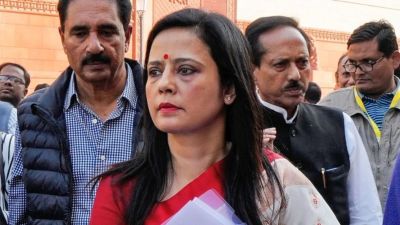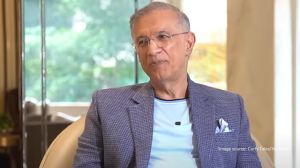Stay updated with the latest - Click here to follow us on Instagram
UGC may soon fund universities across India to digitise academic papers for online access
The University Grants Commission (UGC) is likely to fund universities across the country to digitise files that are five years old at least...
A national committee proposed the idea so that universities could digitise about 20,000 theses of the last five years
The University Grants Commission (UGC) is likely to fund universities across the country to digitise files that are five years old at least (including theses and dissertations) for open access if it accepts the recommendations of a national committee initiated by Inflibnet Centre,Ahmedabad.
Inflibnet is the sole agency looking after documentation,and now digitisation,of various papers generated by around 200 UGC-funded universities across the country.
Last year,Inflibnet director Jagdish Arora called representatives from various universities and the UGC to ponder how academic documents in Indian universities could be digitised.
The committee,consisting of about 10 representatives,submitted its recommendations two months ago,proposing the UGC could fund universities to digitise academic documents of the last five years at least.
The project may cost each university Rs 8 to 10 lakh,said Arora. A handful of universities have already taken the initiative on their own.
If recommendations are accepted by the UGC,the universities will then have to sign memoranda of understanding with Inflibnet,stating their intentions to digitise their archives. The Inflibnet would then contact the UGC and facilitate the funding.
Arora said universities average about 100 theses and dissertations per year and so the proposed move would mean digitisation of about 20,000 academic papers by students very soon.
Once these are digitised and uploaded online,they would be accessible to all.
The committee had also recommended that universities adopt an anti-plagiarism software called Turnitin to not only check intentional plagiarism in university research,but also unintentional ones such as omission of references by students and researchers.
Asked how this would differ from the common practice of posting sections of submitted academic papers on Google and searching for similar works to detect plagiarism,Arora said this method could track only those works that are in the public domain.
The Turnitin software,used internationally upon subscription,can crawl through huge databases that are not necessarily public and identify possible plagiarised items.







